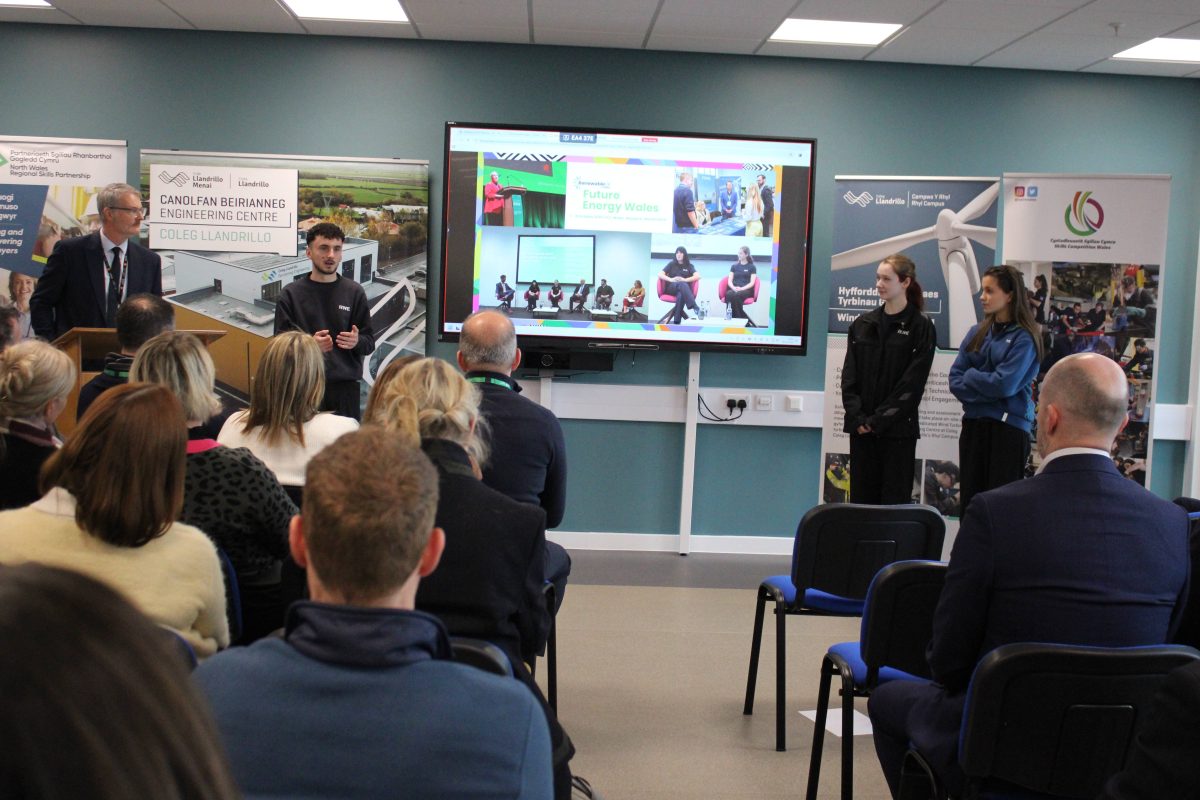National retraining scheme to help adults retrain into better jobs and be ready for the #FutureofWork

The national retraining scheme is the government’s new programme to prepare adults for future changes to the economy.
About the scheme
The national retraining scheme is the government’s new programme to help adults retrain into better jobs and be ready for future changes to the economy, including those brought about by automation.
By helping adults to retrain into better jobs, the scheme will also help to meet the needs of businesses for a multi-skilled workforce in the future.
To support the development of the scheme, the government announced £100 million in the autumn budget 2018. This is for the continued testing and development of the scheme, as well as delivering the first parts of the scheme to the public.
This scheme is available to people and businesses in England.
The scheme is part of the government’s industrial strategy to improve productivity and build a country that works for everyone.
Eligibility
The scheme will initially support adults who:
- are already in work
- are aged 24 and over
- do not have a qualification at degree level
- are paid below a certain wage threshold – this threshold will be tested with people earning low to medium wages as we develop the scheme
We’re investing in this group of people first as they:
- have comparatively less access to existing government support
- are most in need of adapting their skills so they can take advantage of new opportunities
More information on the rollout of Get help to retrain – the first part of national retraining scheme – is available.
Why we need the scheme
We’re introducing the national retraining scheme to respond to:
- the changing nature of jobs and the types of tasks people do at work
- the need for a multi-skilled workforce to take on new and emerging jobs as business needs change
- new opportunities that the future economy will bring
Some of the things we’ve also considered are:
- how the automation of many jobs will lead to new opportunities and challenges
- fewer adults undertaking training despite the range of opportunities currently available
- the barriers to retraining, which include:
- the financial cost
- poor fit between availability of training and working patterns
- previous poor experience of education
- low productivity growth in the economy, which the scheme aims to address by improving skills and helping take advantage of new technology
- longer working lives – as people work longer there will be a greater need to:
- adapt to changes in the economy
- consider new careers during their working lives
What the scheme will include
The national retraining scheme aims to:
- support people already in work to move into better jobs through training and tailored advice
- complement existing training programmes for adults
- encourage people to develop their flexibility and resilience in the world of work, so they can take advantage of new opportunities
The scheme will include a range of services to support people while they train and look for jobs. It will provide:
- tailored advice and guidance from a qualified adviser
- functional skills training, initially focusing on English and maths
- flexible online and blended learning, a mix of online and face-to- face provision, enabling more adults to access training
- in-work vocational training, learnt on the job
Get help to retrain
Get help to retrain is the first part of the national retraining scheme, which we began rolling out in July 2018. It’s a digital service that will help people to:
- understand their current skills
- explore alternative occupations and training opportunities to develop new skills
- access support from a dedicated adviser
Since we launched the service, we have added new features so that adults can also:
- search for local training options online, as well as being able to phone an adviser for training information
- be directly matched to occupations they could do with their existing skills or with some further training
The second feature also incorporates data on recent growth in each occupation, along with the strength of a person’s match with the skills required for job roles.
We are continuously reviewing Get help to retrain and making improvements. We’ll develop the service using participant feedback so that it’s:
- designed to work with the people who’ll use it
- will help develop the skills employers say they’ll need
Designing a retraining scheme that meets user needs from the DfE digital and transformation blog explains the approach we’re using to develop the service.
We will continue to add further upgrades and new features to the service as we roll out to more areas across England.
Rollout
The service is available to eligible adults in these areas:
- the Liverpool city region
- North east local enterprise partnership area and the West Midlands combined authority areas
The next locations we will roll Get help to retrain out to will be:
- the Leeds city region local enterprise partnership area
- the Cambridgeshire and Peterborough combined authority area
- the heart of the south west local enterprise partnership area
In 2020 we will roll Get help to retrain out across England to eligible adults.
National retraining partnership
The strategic development and rollout of the scheme is led and overseen by the national retraining partnership which includes:
- government departments – led by the Department for Education (DfE), working with:
- HM Treasury (HMT)
- Department for Work and Pensions (DWP)
- Confederation of British Industry (CBI)
- Trades Union Congress (TUC)
The national retraining partnership aims to help businesses and workers:
- to provide feedback to develop the national retraining scheme effectively and meet the needs of adults using the service
- adapt to the changes the future economy will bring
- be competitive in the future economy
Alongside this DfE is working across government to ensure that the scheme fits with other government programmes and provision, to deliver the most effective retraining opportunities possible.
Our approach
This is big and complex challenge, which is why we are starting small, learning as we go using a ‘test and learn’ approach. We’re releasing each part of the scheme only when it’s ready to benefit the people and businesses who will use it.
This means we are:
- developing the scheme with the people and businesses who’ll use it
- starting small and scaling up each part of the service following extensive testing with people using the scheme
Before releasing the Get help to retrain service we consulted with potential users to develop the first part of the scheme. This has allowed us to meet the needs of employed adults who are eligible to use the scheme, as well as employers.
We’ve worked with:
- over 450 working adults, including people with assisted digital needs
- 90 people representing around 35 employers across 7 different locations
- 17 careers advisers
- around 50 union representatives
- behavioural change specialists on a research project to give us recommendations
We know from discussions with people that:
- most people will only consider training if there is a clear route to a new job
- the current training and job landscape can be overwhelming
- most people would not sign up for training without further information and guidance first
- negative perceptions were common, for example, poor previous learning experiences
- the term a ‘better job’ means different things to different people
- online training often meets people’s needs for flexibility, but many people lack the confidence using it
- existing online training is often targeted at highly-skilled and motivated people
- existing online training only meets users’ needs to a limited extent as it represents only a small proportion of adult training provision
- people would pay for or co-fund training if it led to a job
We found that employers value:
- soft skills, such as good communications skills and a strong work ethic
- a scheme that is integrated with existing recruitment processes
- apprenticeships, but many have expressed an interest in a shorter, more flexible retraining offer
Documents
National retraining scheme
HTML
National retraining scheme: associated projects
HTML
Details
The national retraining scheme is being developed with:
- the Confederation of British Industries
- the Trades Union Congress (TUC)
- the government
These documents cover:
- why this programme has been launched
- how we’ll support people who are looking to retrain
- what is going to happen next
We’ll update this page as the programme develops.
Published 18 July 2019
Last updated 20 August 2019 + show all updates
- Updated to show users in the North East Local Enterprise Partnership and West Midlands Combined Authority areas can now test the ‘Get help to retrain’ service, which has seen increased functionality since its initial launch.
- First published.











Responses